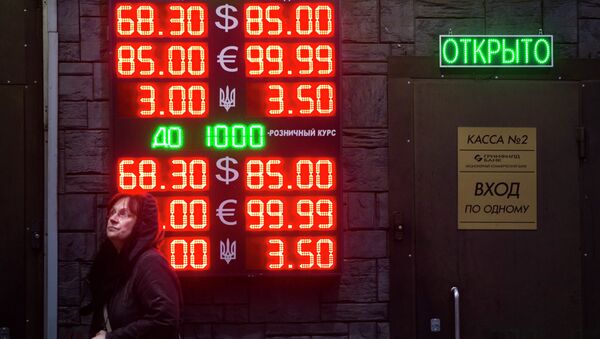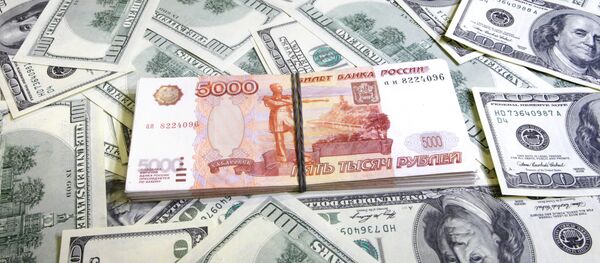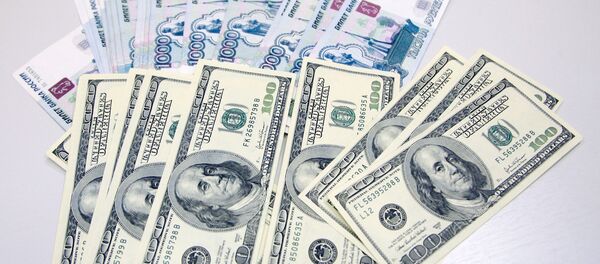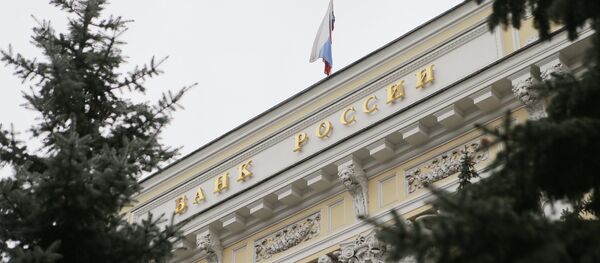MOSCOW, December 19 (Sputnik) — Russian commercial banks have raised deposit rates in order to attract cash liquidity after the Bank of Russia took action to limit ruble-denominated liquidity, triggering a subsequent slump in the interbank lending.
“The amount of new customers far exceeds the amount of those terminating their accounts,” a representative of Bank Moskvy told Vedomosti. Alpha Bank, having raised deposit rates by 3% to 7.30%, has enjoyed an influx of fixed-term deposit accounts in the recent days as well.
TCS-Bank hiked rates in ruble-denominated deposits to 14% per annum, while some Russian banks went on to hike rates up to 20%. Despite this, the banks have not seen significant volumes of money withdrawn or terminated accounts, as many depositors are concerned with the possible negative impacts of the currency crisis. Thus, commercial lenders are offering schemes aimed at attracting new customers.
Banks are offering attractive deposit rates to their clients, as they are facing an minimal levels of liquidity. The recent slump in the ruble’s FX rate and the Central Bank’s interest hike have caused an increase in repo rates and as a consequence, commercial banks are abstaining from lending. The borrowing costs for commercial banks have risen, and so have deposit rates, up to as much as 17% to 20%. This provides the cheapest liquidity available to banks at this point.
In 2008, the financial crisis in Russia started with a crash in the repo market, when a stock market slump triggered a sudden devaluation in shares under pledge in repo deals. Today, some bears are pessimistic, for even as deposit rates are being raised, they are struggling to attract money. “Raise in deposit rates has failed to stop the money drain so far,” an anonymous director at a mid-level retail lender told Vedomosti. The bank has raised deposit rate from 7% to 10%. “I do not believe that deposit rates of even 20-22% would prevent people from withdrawing their money, because the population has lost trust to the banking system, including the largest state-controlled banks.” The ruble devaluation and accelerating inflation make people invest in goods, cars and electric appliances. They do not believe they could save their cash any other way.





